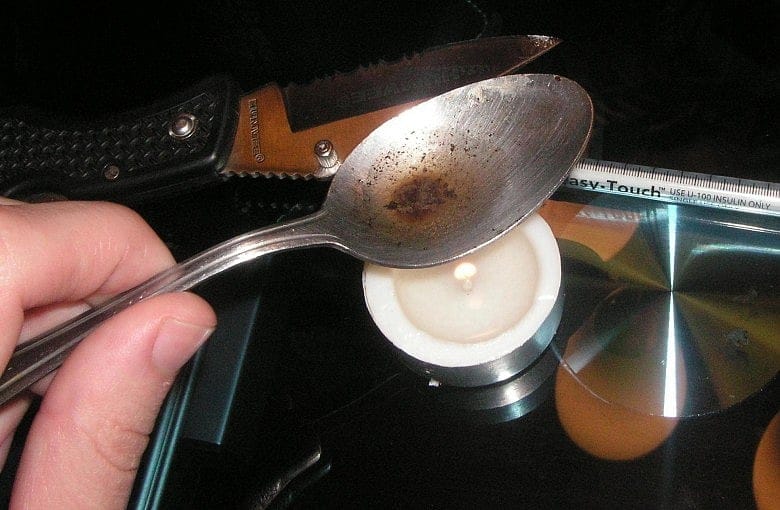Drug addiction in the Bay State

BOSTON – In Thursday night's State of the Commonwealth Address, Gov. Charlie Baker called for bold actions to break the back of the beast of addiction.
Baker looks to disrupt a status-quo adherence to treatment plans that haven't proven successful in combating opioid and heroin use. He directs those he once considered peers in the health care industry to seek new ways to educate, prevent, intervene and treat those who face the dire illness that tragically touches so many.

